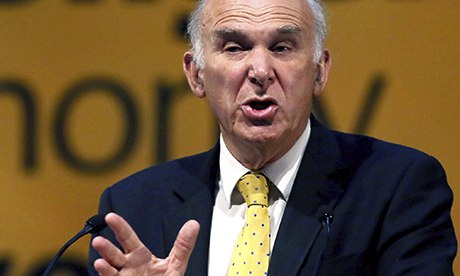The private sector is far more timid than it appears, so if we want to mine the untold riches of the moon, international socialism must step in

'The idea that someone would finally think to scan below the moon’s surface for precious minerals is rather moving.' Photograph: Alamy
Such is the state of advanced capitalism: we can't pay our bills, but China's on the moon. In fairness, the Chinese government is doing humanity a favour.
The race to populate space has been staggeringly slow, and the idea that someone would finally think to scan below the moon's surface for precious minerals is rather moving. For so long, the moon had appeared to us as merely a dull, lifeless wodge of dust and space-shit. To think of it as being radiantly packed with precious minerals is actually quite romantic. One can imagine poems being written about it.
It gets better. Apparently, the substance sought is helium-3, an isotope of the element that could potentially replace oil and gas as our energy generators. Not only is the moon redeemed, but the earth is saved.
It takes a lot to make this cynic weep, but I'm seriously waxing lachrymose now.
The question is, why haven't the moon's resources been thoroughly plundered by now? Why hasn't it provided us with the energy necessary to colonise the rest of space? I'll tell you why: it's because capitalism is weak and timid.
In principle, it shouldn't be this way. Capitalism, said Rosa Luxemburg, always needs a periphery. There needs to be a non-capitalist outside to appropriate – new land, new resources, to provide profitable investment opportunities. Whether it takes the form of colonisation, privatising public goods, turfing peasants off their lands or creating "intellectual property", there is a need to accumulate beyond the existing realm of capitalist property relations.
The geographer David Harvey points out that the world capitalist system needs to find $1.5tn profitable investment opportunities today in order to keep growing at its historical average of 3% a year. In 20 years' time, it will need to find $3tn.
The effects of this are complex. On the one hand, such production places a tremendous burden on the planet and risks making large parts of it uninhabitable and extinguishing a great deal of life. Further, this production both exploits workers and becomes imbricated with all manner of brutality – consider the relationship between coltan production and war in the Congo. On the other hand, well: tablets, smartphones, DVD players, advanced sex toys that do something other than just buzz, cars that don't smell like foot disease, an abundance of stuff that makes life easier and more interesting.
The problem with capitalism, though, is that it's actually staggeringly timid in some respects. For all that the Communist Manifesto breathlessly extolled the revolutionary spirit of capital – "constant revolutionising of production, uninterrupted disturbance of all social conditions … all that is solid melts into air" – businesses are really quite conservative. They aren't going to invest unless they're reasonably sure of a profit, even if the result is sluggish growth and flatlining innovation.
This is why, as Mariana Mazzucato points out, it falls to states to undertake the risky investments that pay off in the technology that makes, for example, iPhones possible. Of course, capitalist states do a great deal else to overcome the inertia of the system, from war to violent enclosures. It doesn't do to idealise the state. The point here is that, if it were left to private sector enterprise, we would never have seen a human foot touch down on the moon's surface.
Of course, under capitalism the state's ability to explore the unknown is limited by its priority of making things work for business, or developing a greater war machine. States don't need an immediate return on investment, but if they're to justify taxing profits, they need to demonstrate some sort of plausible return. Hence, there's always more money for military arsenals than spaceships. We could be holidaying on Mars, but some people would rather bomb Afghanistan. Put that on a placard.
However, as Leigh Phillips explains, even the limited exploration of space thus far has produced unexpected bounties for the Earth-bound: cooling suits used by nuclear reactor technicians, dialysis technology, running shoes, water purification, housing insulation, food preservation, fire retardants and so on. And even if it didn't provide all these spin-offs, human curiosity is an end in itself. So what if we don't find the aliens who have been kidnapping drunk rednecks and plumbing their lower intestines? We'll find precious mineral ore on an asteroid, and that's more than enough.
So, this is what we need. First, international socialism. And to paraphrase Lenin, socialism = soviet power + interstellar travel. Don't ask me how we get that, we just need it as a precondition for everything else. Second, an international space exploration programme, funded with the express purpose of adding to the sum of stuff and human knowledge. Third, a popular space tourism programme. We have to be careful with this. The last thing anyone wants to see is a conga line of pot-bellied fortysomethings drinking Red Stripe on Jupiter. But hopefully socialism will elevate the culture. Finally, a publicly funded cryogenics programme now for everyone who wants to live to see this day.
Is that really too much to ask?




